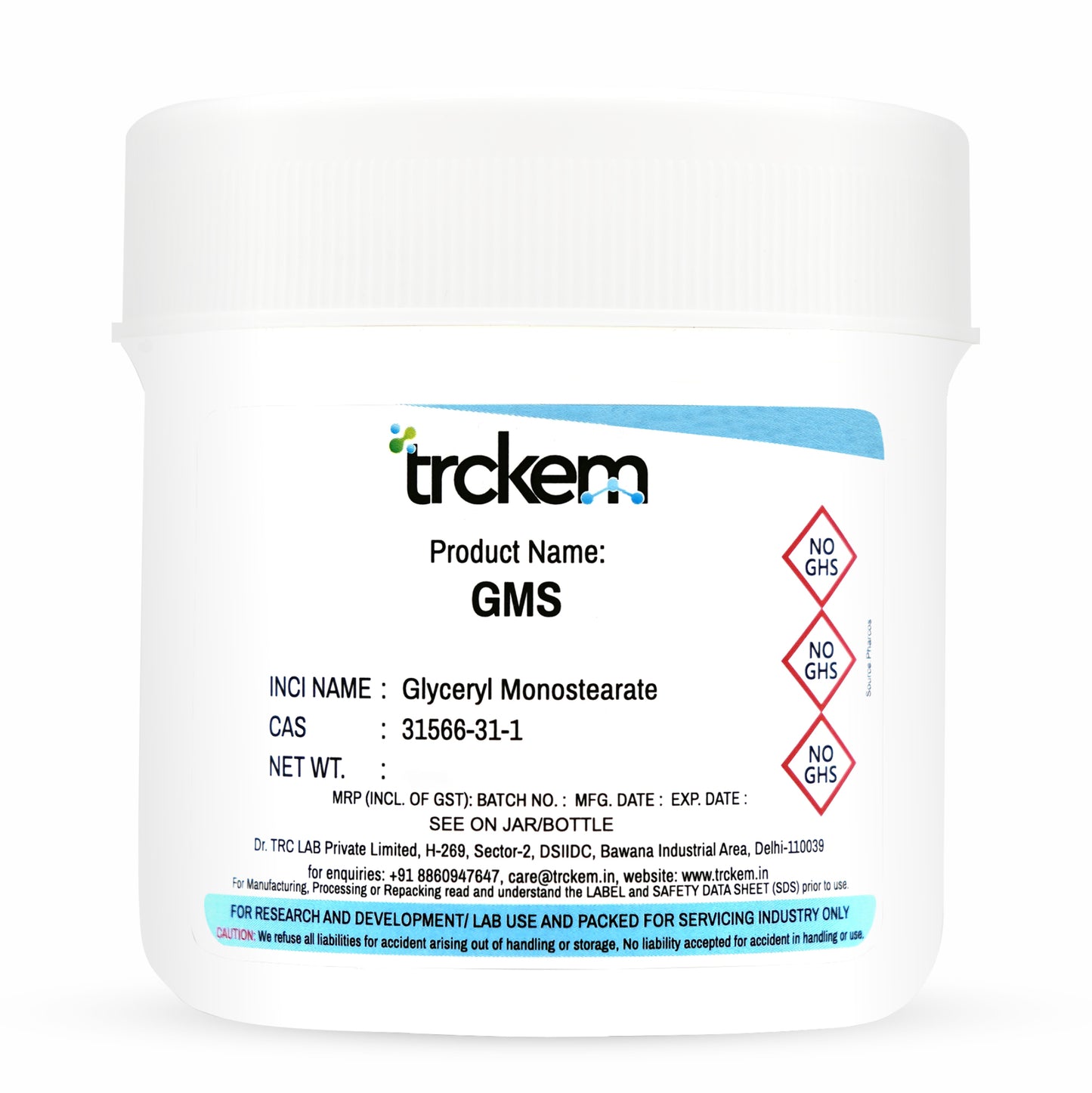
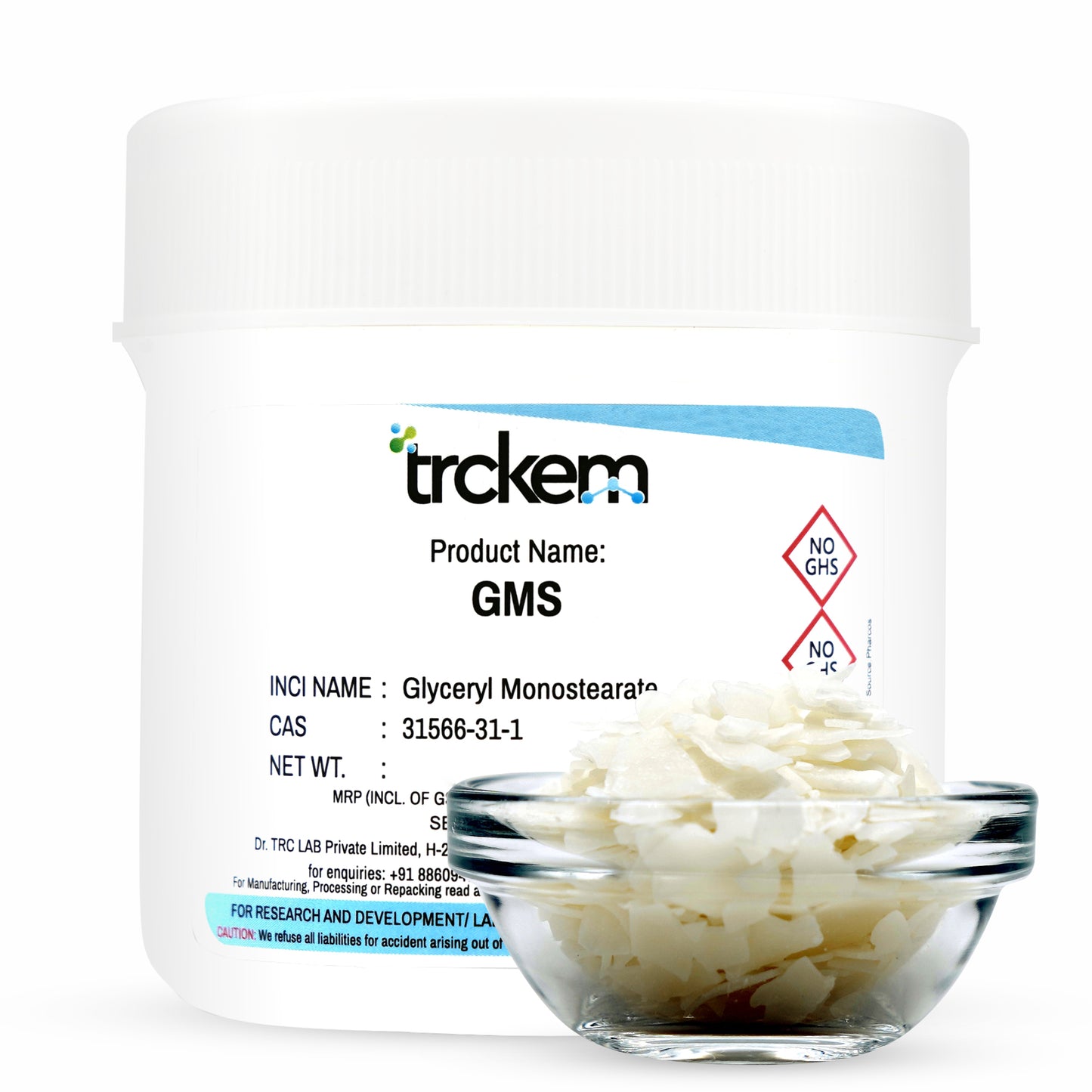
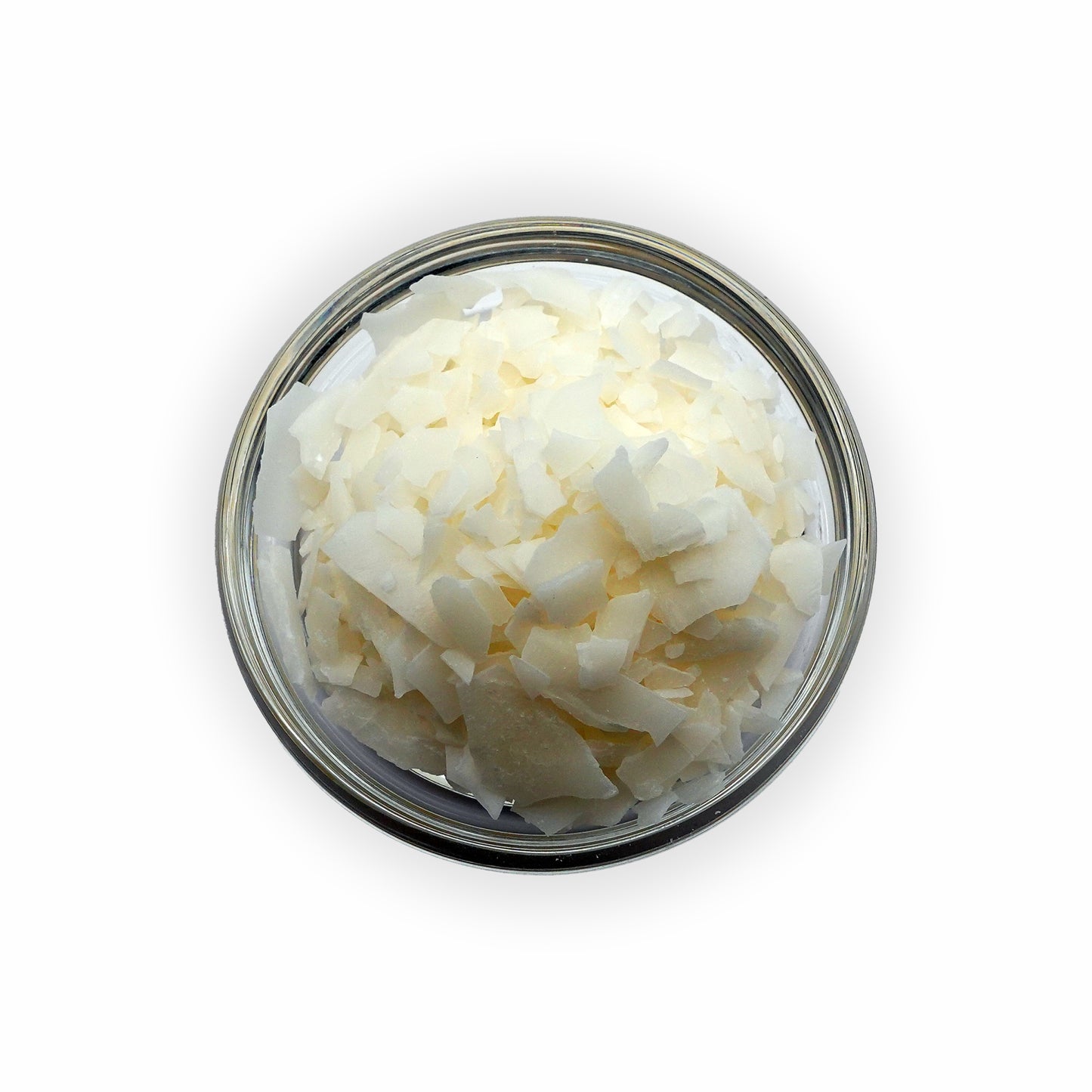
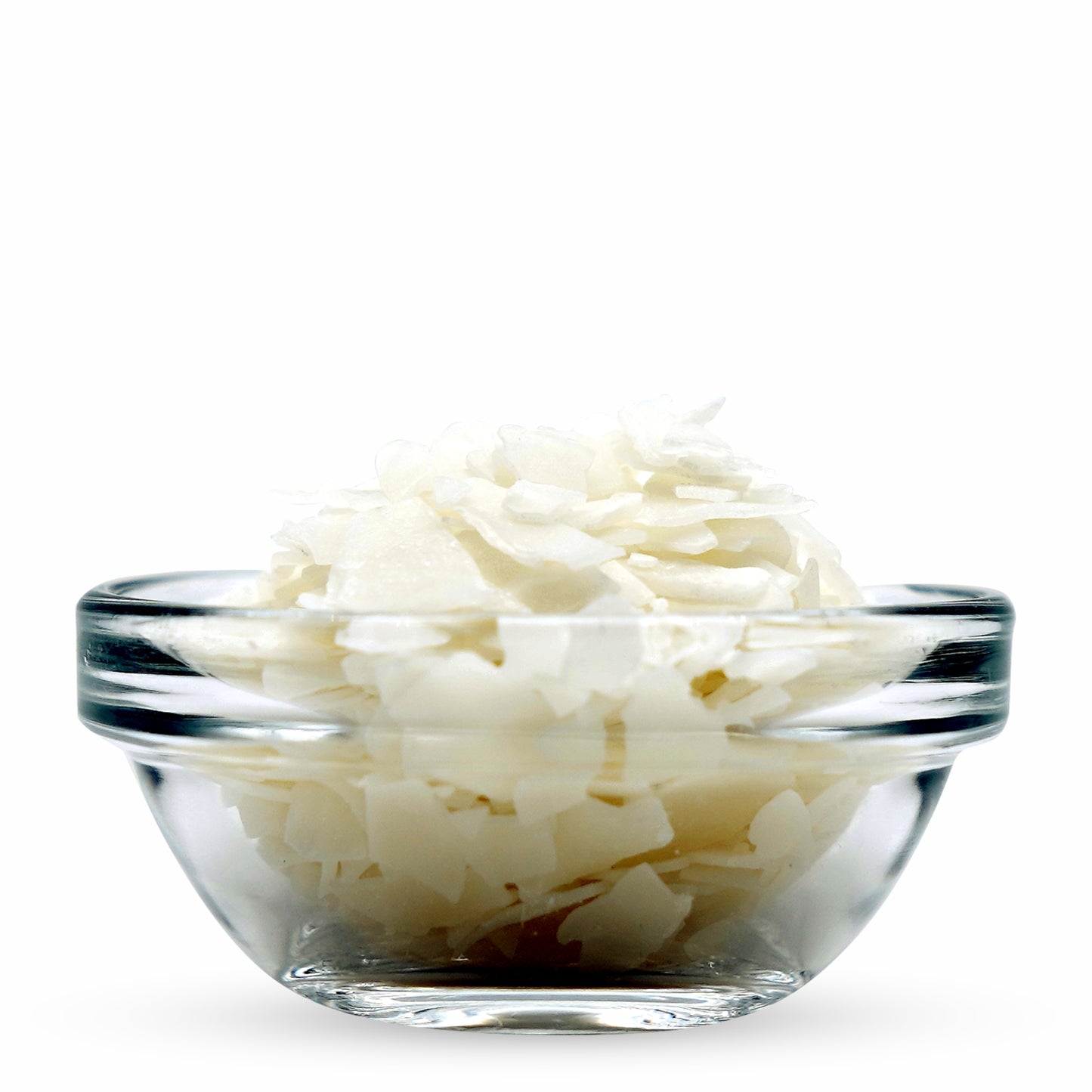
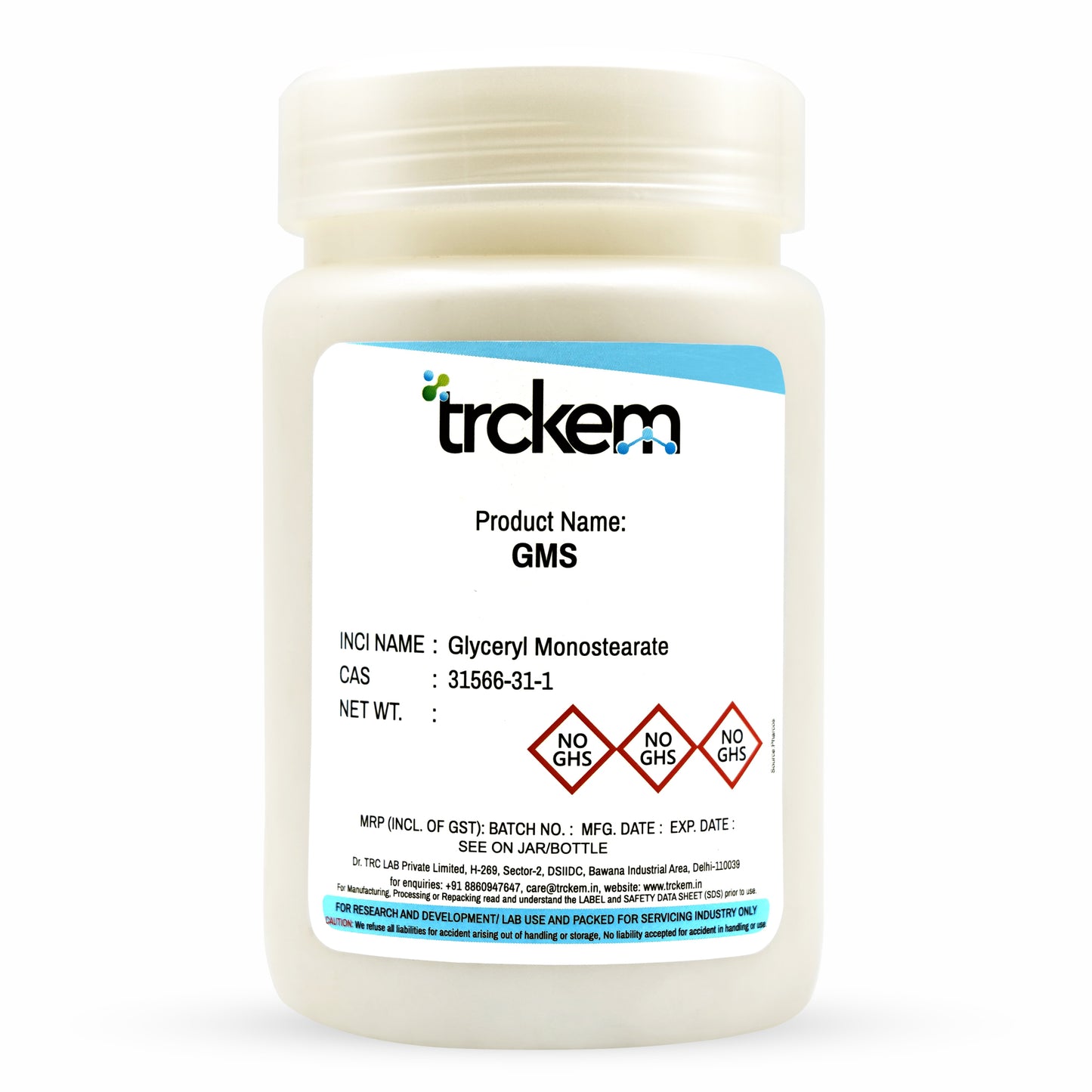
FAQ (Frequently Asked Questions)
1. What is Glyceryl Monostearate (GMS)?
Glyceryl Monostearate, commonly known as GMS, is a glycerol ester of stearic acid. It appears as a white, odorless, and sweet-tasting flaky powder that is hygroscopic.
2. How is GMS used in the personal care industry?
In personal care products, GMS serves multiple functions:
Emulsifier: It helps blend oil and water components, ensuring product stability.
Thickener: Enhances the viscosity of formulations, providing a desirable texture.
Stabilizer: Prevents separation of ingredients, maintaining product consistency.
These properties make GMS a valuable ingredient in creams, lotions, moisturizers, and makeup products.
3. What are the benefits of using GMS in personal care products?
GMS offers several advantages:
Improved Texture: Contributes to a smooth and appealing feel.
Enhanced Stability: Prevents ingredient separation, extending shelf life.
Moisturizing Effect: Acts as an emollient, aiding in skin hydration.
These benefits enhance the overall user experience of personal care products.
4. In which personal care products is GMS commonly found?
GMS is widely used in:
Creams and lotions
Shampoos and conditioners
Makeup products like foundations and mascaras
Sunscreens
Its versatility makes it a popular choice across various personal care formulations.
5. Is GMS safe for use in personal care products?
Yes, GMS is generally recognized as safe for use in personal care products. It is a naturally derived compound and is well-tolerated by the skin. However, as with any ingredient, it's essential to ensure its appropriate concentration in formulations.
6. What is the CAS number and INCI name of GMS?
CAS Number: 31566-31-1
INCI Name: Glyceryl Stearate
These identifiers are used globally to specify the chemical substance in formulations.






